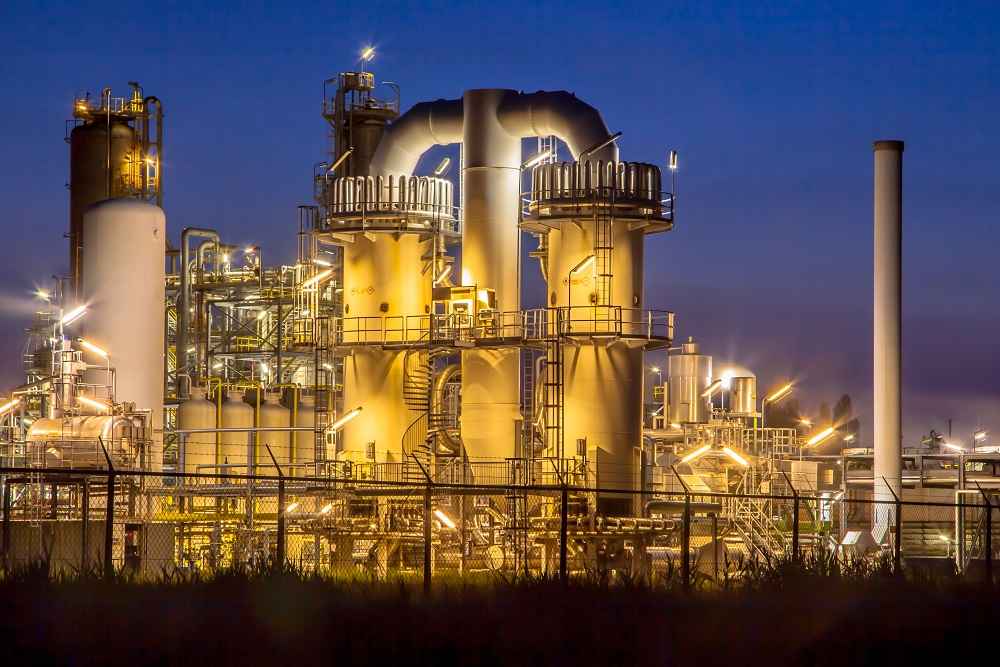Fine chemical manufacturing is a specialized sector of the chemical industry that produces high-purity chemicals used in various applications, including pharmaceuticals, agriculture, and electronics. These chemicals are essential for the development and production of a wide range of products, contributing significantly to advancements in science and technology. This article explores the intricate processes involved in fine chemical manufacturing, its applications, benefits, and future trends.
The Process of Fine Chemical Manufacturing
Fine chemical manufacturing involves the production of highly pure chemicals in small quantities through complex chemical processes. Unlike bulk chemicals, which are produced in large volumes for general use, fine chemicals are tailored for specific applications, requiring stringent quality control and precision.
The manufacturing process typically begins with the synthesis of chemical intermediates. These intermediates undergo multiple steps, including reactions, purification, and refinement, to achieve the desired purity and specifications. Chemical synthesis methods, such as organic synthesis, inorganic synthesis, and biocatalysis, play a crucial role in this stage. Each method requires precise control over reaction conditions, including temperature, pressure, and pH, to ensure the desired outcome.
One key aspect of fine chemical manufacturing is the use of advanced technologies and equipment. Techniques such as chromatography, crystallization, and distillation are employed to separate and purify the chemicals. The use of high-performance liquid chromatography (HPLC) and gas chromatography (GC) is common for achieving the high purity levels required for fine chemicals.
Quality control is paramount in fine chemical manufacturing. Rigorous testing and analysis are conducted at each stage of production to ensure that the final product meets the necessary standards. Analytical techniques, such as nuclear magnetic resonance (NMR) spectroscopy and mass spectrometry, are used to verify the chemical structure and purity.
Applications of Fine Chemicals
Fine chemicals have a wide range of applications across various industries. One of the most significant areas is pharmaceuticals. Pharmaceutical manufacturing relies heavily on fine chemicals for the production of active pharmaceutical ingredients (APIs). These APIs are the essential components of medications that provide therapeutic effects. The precision and purity of fine chemicals ensure the efficacy and safety of pharmaceutical products.
In the agricultural sector, fine chemicals are used to produce agrochemicals, such as herbicides, insecticides, and fungicides. These chemicals help in improving crop yield and protecting plants from pests and diseases. The development of selective herbicides, which target specific weeds without harming crops, is a notable advancement made possible by fine chemical manufacturing.
The electronics industry also benefits from fine chemicals, particularly in the production of semiconductors and advanced materials. High-purity chemicals are essential for the fabrication of integrated circuits and other electronic components. The stringent quality requirements in this industry necessitate the use of fine chemicals to achieve the desired performance and reliability.
Additionally, fine chemicals are used in specialty chemicals, including dyes, pigments, and flavors. These chemicals find applications in textiles, food and beverage, and cosmetics, contributing to product quality and consumer safety.
Benefits of Fine Chemical Manufacturing
Fine chemical manufacturing offers several benefits that drive innovation and progress across various fields. One of the primary advantages is the ability to produce highly specific and pure chemicals tailored to meet the unique needs of different applications. This customization enables industries to develop products with enhanced performance and safety profiles.
Another benefit is the contribution to sustainability. Fine chemical manufacturing often involves the development of more efficient and environmentally friendly processes. Advances in green chemistry, such as the use of renewable raw materials and catalytic processes, help reduce waste and minimize environmental impact. This shift towards sustainable practices aligns with global efforts to address environmental challenges and promote responsible manufacturing.
The precision and quality control inherent in fine chemical manufacturing also lead to improved product consistency and reliability. This is particularly crucial in the pharmaceutical and electronics industries, where even minor impurities can significantly impact product performance and safety.
Future Trends in Fine Chemical Manufacturing
The future of fine chemical manufacturing is shaped by ongoing advancements in technology and evolving industry needs. One significant trend is the increasing integration of automation and digitalization. The adoption of smart manufacturing technologies, such as the Internet of Things (IoT) and artificial intelligence (AI), enhances process efficiency, reduces human error, and enables real-time monitoring and optimization of production.
Another trend is the growing emphasis on sustainability and green chemistry. The development of eco-friendly synthesis methods and the use of renewable feedstocks are gaining traction. Innovations such as biocatalysis, which uses natural catalysts like enzymes to drive chemical reactions, offer environmentally benign alternatives to traditional chemical processes.
The demand for personalized medicine is also influencing the fine chemical manufacturing sector. The need for small-scale, high-purity chemicals for tailored therapies is driving the development of flexible manufacturing systems. Continuous flow chemistry, which allows for the continuous production of chemicals, is emerging as a solution to meet this demand efficiently.
In conclusion, fine chemical manufacturing plays a crucial role in various industries by providing high-purity, customized chemicals essential for innovation and development. The processes involved are complex and require advanced technologies and stringent quality control. The applications of fine chemicals span pharmaceuticals, agriculture, electronics, and specialty chemicals, highlighting their importance in modern society. As technology advances and sustainability becomes a priority, the future of fine chemical manufacturing holds exciting possibilities for further advancements and improved practices.


